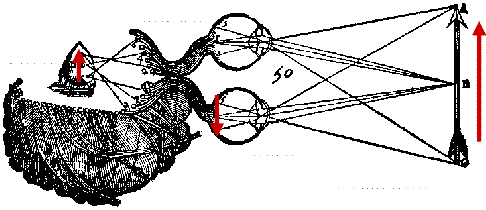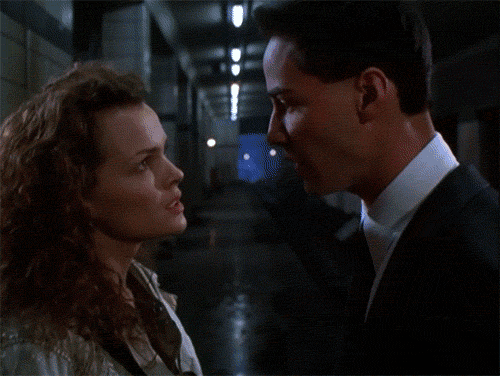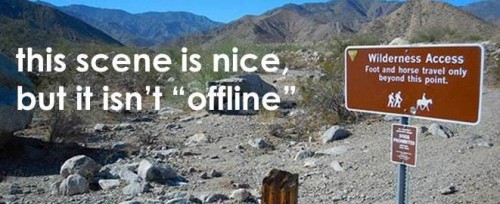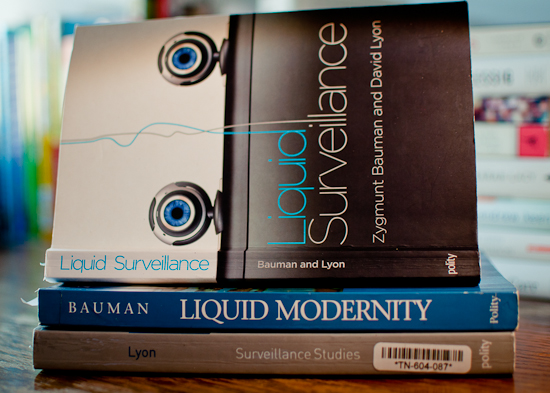“If autonomous vehicles obey traffic laws, income from traffic violations should go down”
“Tumblr encourages unbounded use. It allows you to experiment and play”
“Drones as killer robots, drones as children sent off to war”
“if engineers could come up with an iPotty that fits in your purse, links up to Twitter and takes photos, toilet access might catch up with phones” (thanks jenny!)
Nathan is on Twitter [@nathanjurgenson] and Tumblr [nathanjurgenson.com]. more...


 I’m having a blast reading all of the recent posts about
I’m having a blast reading all of the recent posts about
